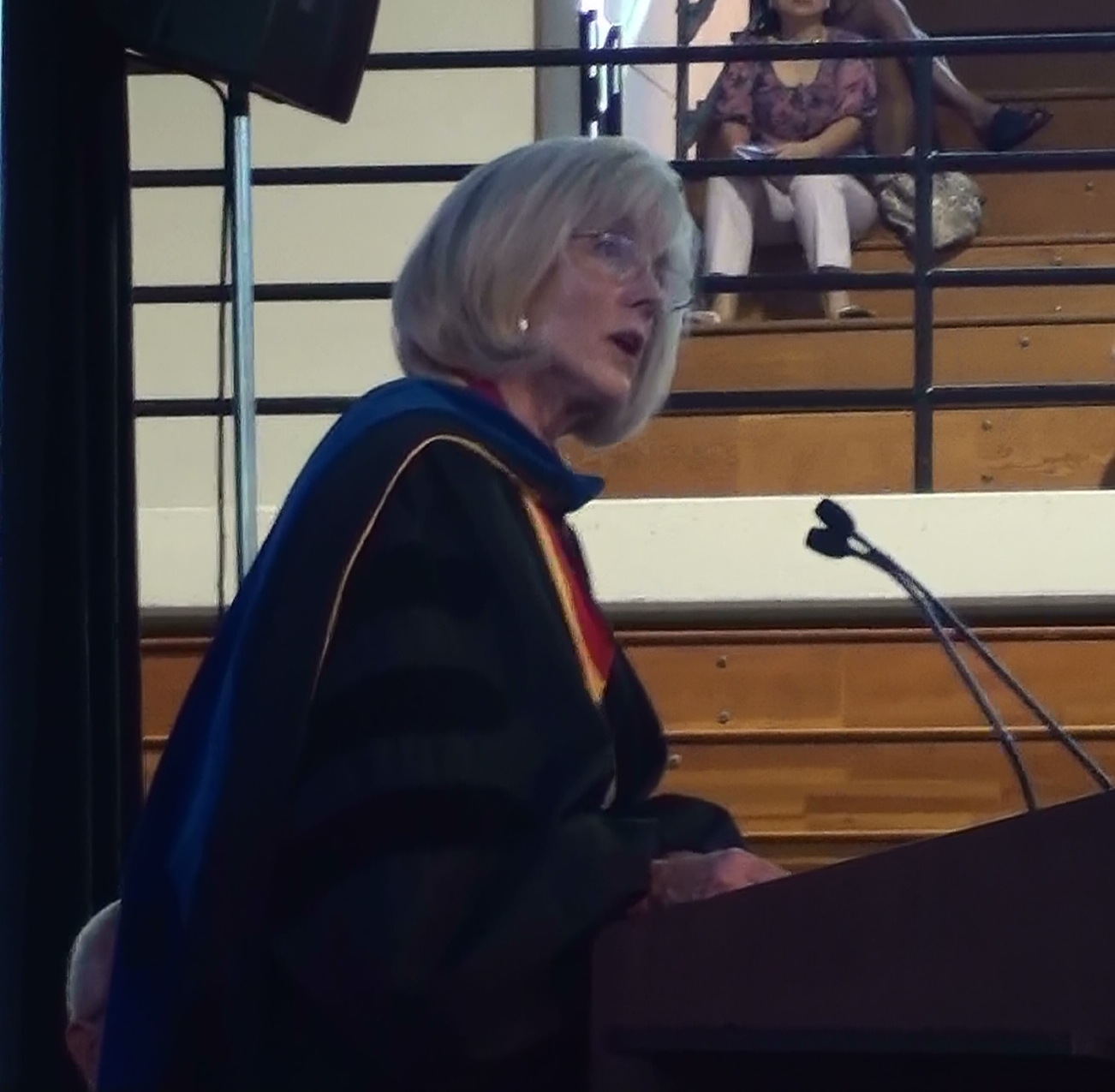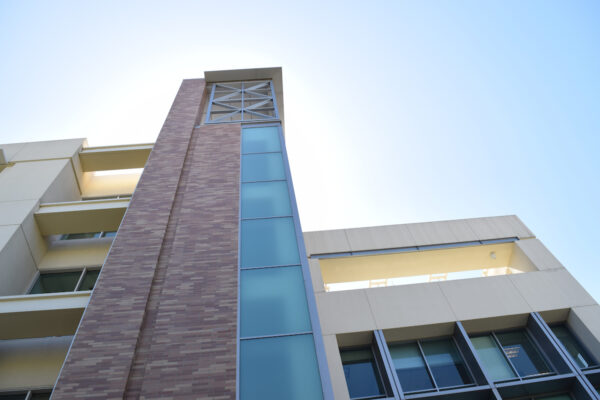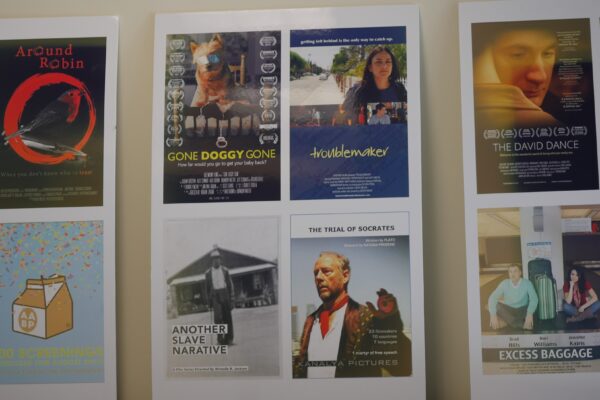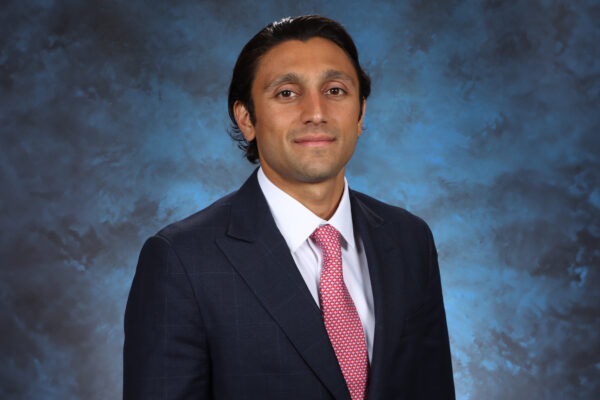
Some things are eternal, but there are always new twists, Roberta Lessor, Ph.D., professor of sociology, told students at Chapman University’s 2010 Convocation, held last week.
In the annual Aims of Education address, titled “The Value of a College Education: Asking the Big Questions,” Dr. Lessor told students that like generations before them they were embarking on an adventure that will change their lives, but that they are also a generation that has both the bounty and burden of an information revolution on their hands.
The Aims in Education address is traditionally delivered by a faculty member at Convocation, the official opening of the academic year.
Dr. Lessor told students that there were three goals to a higher education: “Gaining the skills to make a comfortable living, acquiring the ability to be an engaged citizen, and learning to think about the big questions that confront each generation.”
But perhaps the most important value to develop during college is the ability “to ask and think reflectively about big questions,” Dr. Lessor said.
“You will begin tussling with some of these big questions immediately this year, as a freshman. What are some of these big questions? “What are we here for?” “Do we have a purpose in life, and if so, what is it and from whence does it flow?” “Why does it often appear as though we humans are in perpetual conflict, and why does most of this conflict seem to emanate from differences in religious or political beliefs and practices?” And perhaps even more critical to our survival, “What activates and sustains our cooperative inclination?” Dr. Lessor said.
But for today’s students, asking the big questions will also require an alert and critical mind.
“We live in an age with more facts at our disposal every day, but information alone doesn’t make us smarter or wiser. In fact, we are flooded with information, some of it correct, some of it not. Such an overwhelming amount of information creates ambiguity. And since most people don’t tolerate ambiguity very well, information overload is a fertile ground for the emergence of demagoguery of all types, religious, political, or charismatic, offering the easy answers. Thus, seeking truth in today’s world has become that much more critical, and means that a college education is more valuable than ever.”




Great speech. Thought provoking.
Dr. Lessor hit a home run with her speech! Her point about information excess not making us smarter or wiser is spot on. In this age of sound bites and information overload, a quality liberal arts education at Chapman becomes a powerful tool for students to use when critically sorting through the information morass, and drilling down to essential core truths about the big questions that can shape lives and save souls.